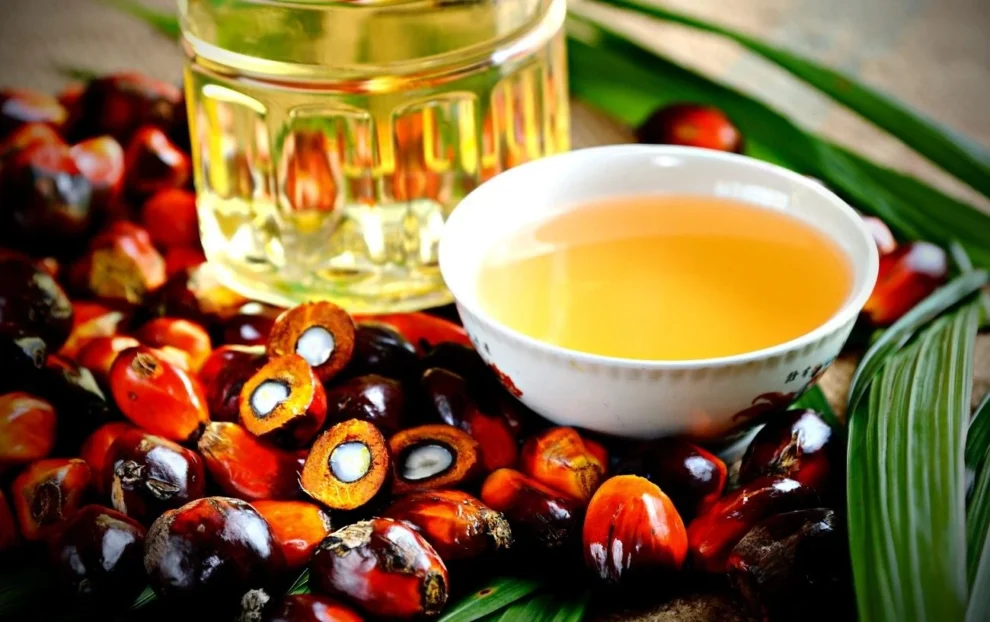Ombudsman member Yeka Hendra Fatika claimed that bleaching palm oil lands will potentially cause maladministration. Thus, the Ombudsman sent a letter to the Ministry of Environment and Forestry to postpone the deadline for submitting the required licensing documents for palm oil companies suspected of illegal use of land.
“The policy will potentially cause maladministration considering the abundance of issues regarding forestry status,” Yeka said in his statement on Thursday.
Meanwhile, the government is planning to pardon palm oil lands in the forest area based on Article 110A and Article 110B of the Job Creation Law. Meaning, that companies could keep operating in the area as long as they have paid for the administrative sanction.
Initially, the deadline for submitting for the pardon falls on November 2, 2023. However, Yeka urged the ministry to postpone this deadline with several considerations.
According to Yeka, the ministry obtained the deadline from Job Creation Law No. 11 of 2020. Meanwhile, Yeka said, the deadline should have been following the deadline from revised Law No. 6 of 2023.
Yeka also said that the license to keep operating in the forest area must be given only after the ministry finished conducting the Forest Area Determination process. The discretion has to be conducted objectively, with a consideration of the factual condition and abiding good governance principles.
The Ombudsman also stressed that forest area management must be conducted by honoring the public’s rights and national interests.
On the other hand, the Ombudsman highlighted that palm oil companies must also be supported. Because, Yeka said, the palm oil industry has been pressured due to the Covid-19 pandemic, subsidy policy, and export regulations.
“Land rights, the foundation for the palm oil industry, must be managed to provide legal certainty and ensure business sustainability,” Yeka said. The sanction given to palm oil business actors must facilitate protection from bankruptcy, considering the impact of the palm oil industry on the national economy.
Furthermore, Yeka explained that self-subsistent palm oil farmers have a hard time fulfilling the administrative requirements to obtain legality for their business. “This calls for serious attention by the government,” he said.
To prevent maladministration in public service management, Yeka added, the Ombudsman will also draft a policy report to push for legal certainty regarding land rights.
Source: Tempo















